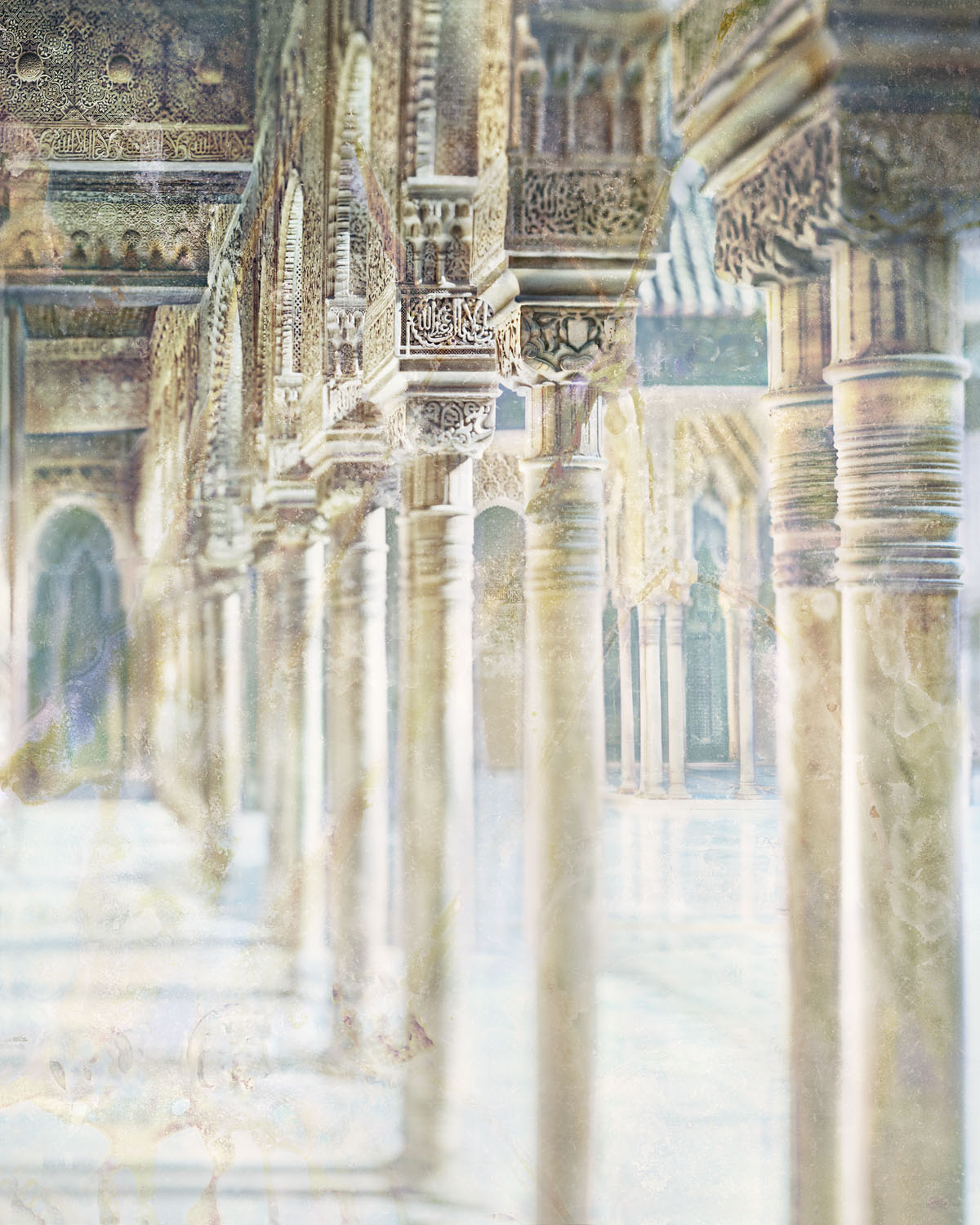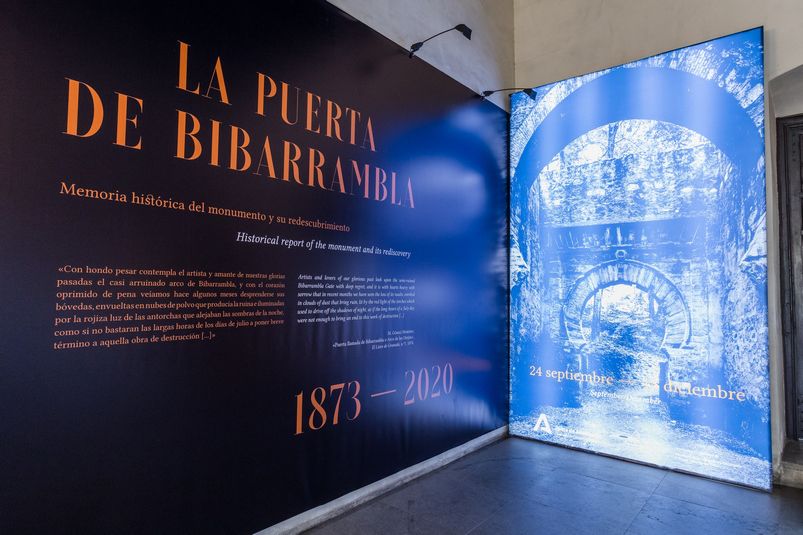IBN ZAMRAK. Biographical sketch of the man and his times
We will be offering a biographical sketch of Ibn Zamrak, a crucial figure in the history of 14th century Granada, who was renowned as a vizier and a poet during the reign of one of the most important Sultans in the Nasrid Dynasty, Muhammad V.
Ibn Zamrak was a controversial and therefore human figure. A man who due to his humble origin would never have expected to reach such a high position in society; a skillful politician, who debated between intrigues and subtle ambitions, and a sensitive and decidedly ambitious poet. He received a first-class education in a Hispano-Muslim Granada that was living through the tremendous crisis of western Islam, which since the 12th century was no longer supreme in Mediterranean culture. Ibn Zamrak left evidence of his talent as a poet in emblematic buildings which are now no longer standing, such as the country mansion known as Los Alixares, and others which continue to surprise and amaze those who visit Granada.
In any description of the personality and poetry of the Poet of the Alhambra it is essential to refer to the Granada in which he lived and to Ibn al-Jatib, the great man of Loja, without whose involvement it would be impossible to describe the life and works of Ibn Zamrak. He was his tutor and also acted as his father and maestro. Throughout his life, Ibn Zamrak enjoyed his protection and guardianship. Indeed, everything he achieved during a long period of creativity and political power was down to Ibn al-Jatib, and he admitted as such in his writings. However, the twists and turns of politics in 14th century Granada, the influence of the religious currents that held sway in the Kingdom, and the political intrigues brought a violent end first of all to the relationship between the two men, then to the life of Ibn al-Jatib, and years later they were also to claim that of Ibn Zamrak himself.
- Time: 2nd and 3rd Sundays 12th and 19th November, at 12.00
- Place: Museum of the Alhambra, Palace of Charles V

La Alhambra, a look from Fernando Manso
MORE INFORMATION
WASHINGTON IRVING AND THE ALHAMBRA
MORE INFORMATION
THE GATE OF BIBARRAMBLA. Historical report of the monument and its rediscovery
MORE INFORMATIONTHE EMPEROR´S CHAMBERS
MORE INFORMATION
The Council of Alhambra and Generalife will refund automatically the full amount of the bookings
MORE INFORMATION





 Contact
Contact















